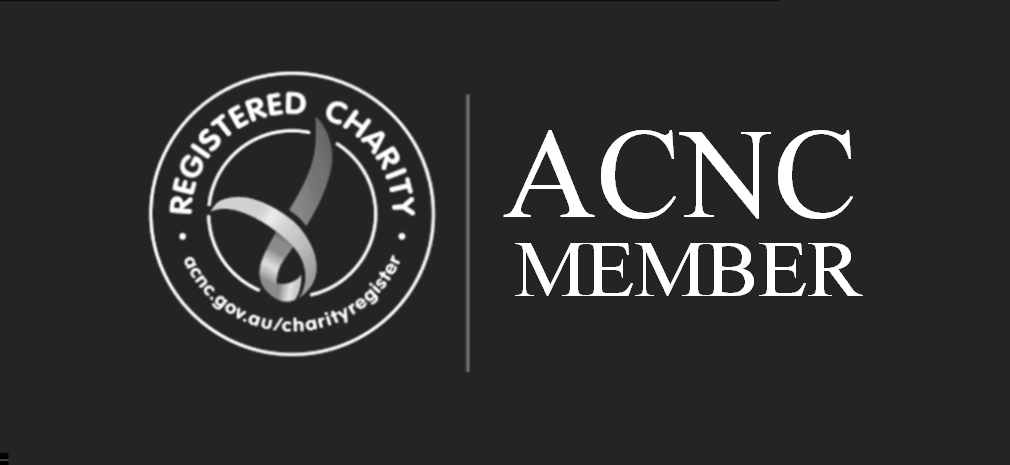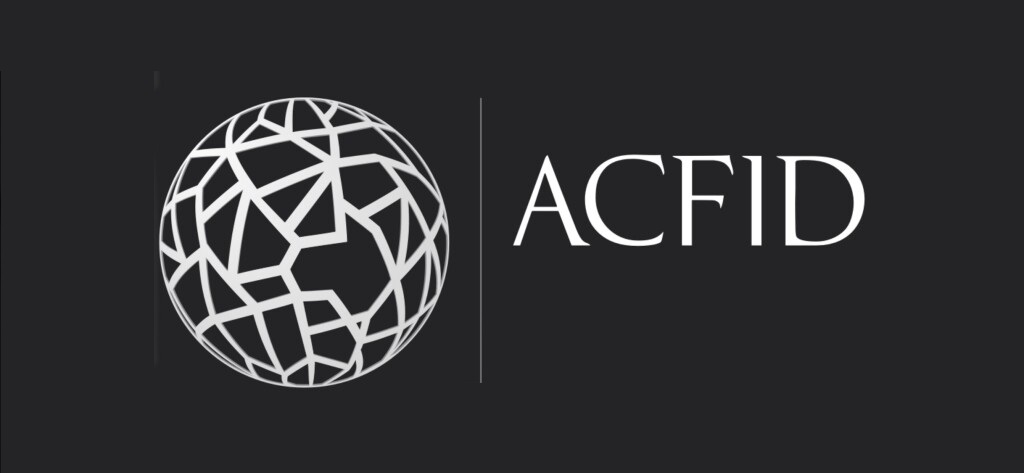.
Potential crises affecting image and credibility of a company or organisation must be considered and planned for. Each organisation defines a ‘crisis’ differently, but a common element of all crises is that the media play a crucial role in either exacerbating the issue or helping to alleviate negative results.
- Any media crisis has the potential to harm DAISI’s reputation and credibility, as well as our ability to raise public funds to fulfil our mission. Crises (affecting image and credibility) for DAISI may include:
. public allegations of poor practice in DAISI projects (including program activities harming beneficiaries, staff misconduct, service provision not reaching the intended source, negative stories from projects);
· sponsor/donor complaints or allegations in regards to sponsorships or DAISI’s use of donations (eg, inappropriate use of funds);
· problems arising from a sponsor visit (eg, poor conduct by DAISI member towards recipients, inadequate DAISI supervision of volunteers).
2. General crises involving the entire aid sector (and the Australian charity sector generally) also need to be planned for. These potential crises need to be managed and have as much importance placed on them as specific DAISI crises. DAISI crises on a South-Pacific scale also need to be considered by DAISI so that steps can be taken to manage the issue at a local level if necessary. It is highly possible that negative practices in a DAISI Partnership Programme could be picked up by Australian media and given a local angle.
Responding to a crisis
3. In any crisis, DAISI’s primary obligation to the people and communities served by the organisation should be the overriding consideration driving the crisis management plan.
4. The most important element in managing crises is to communicate clearly and openly with DAISI’s key public audiences, particularly with DAISI supporters. It is also extremely important that the organisation does not react to the crisis defensively and that information is disseminated regularly and as quickly as possible.
5. Those primarily involved in dealing with any DAISI crisis, and also as the initial contact points, will include DAISI’s:
- Chairperson
- Chief Executive Officer
- Sponsorship and Marketing Officer
- Relevant Country Programme Officer
- Relevant Protection Officer (e.g. if complaint of Child abuse, then the Child Protection Officer should be involved).
6. These key people will also need to be readily accessible throughout the management of the crisis.
7. It is important that in a crisis DAISI have one spokesperson throughout, so that the organisation ‘speaks’ with one voice. This spokesperson will usually be the CEO.
8. In dealing with a major crisis, DAISI’s PR & Social Media expert Ashley Blacker will be asked to assist the organisation in developing a plan to manage the issue.
9. All DAISI staff will play a crucial role in assisting to manage any crisis, primarily in their daily communication with DAISI supporters. If a large proportion of sponsors and donors withdraw their support, the financial impact to the work of DAISI could be devastating, therefore communication with supporters must be of utmost importance.
Crisis action plan
10. The following is a general crisis management action plan, which details the steps required to minimise any potential detrimental impact to the organisation. It is important that each crisis, depending on its level and expected impact, be dealt with promptly and individually based on circumstances and those involved.
11. After notification (or early warning) of the issue to the primary DAISI contacts, an initial management plan is to be developed by key DAISI staff (as set out above) in partnership with DAISI’s PR & Social Media expert. This will include DAISI’s agreed response to the crisis.
12. If the crisis is significant, the DAISI Board of Directors will be immediately briefed on the crisis and the management plan.
13. Depending on how DAISI is notified of the crisis (ie, internal/external, pre‐ warning/post‐event), it is important that DAISI first verify the information provided to confirm and validate the details.
14. The management plan will detail the steps to be taken by DAISI to resolve the problem/issue.
15. If the crisis involves harm or loss experienced by aid beneficiaries, the management plan must consider appropriate response and/or restitution to those aid beneficiaries affected.
16. DAISI’s proposed media plan regarding the crisis will be decided (ie, proactive or reactive). Media releases, response or comment will be prepared as required, DAISI spokespeople briefed, etc. It is important that in all media communications that they are not seen as the enemy, that information is not withheld and that they are responded to promptly and efficiently.
17. The DAISI Communications Team is to be the first point of contact for all media enquiries and the CEO will usually be the designated spokesperson.
18. DAISI employees will be promptly notified of crises and informed of DAISI’s response, which will in turn be conveyed to DAISI supporters if necessary.
19. In responding to a high level crisis, specialised communication pieces will be distributed to DAISI supporters detailing the issue and DAISI’s response. This will be done as quickly as possible post‐crisis.
20. Evaluation will also take place after the crisis to determine numbers of media enquiries, media coverage, DAISI supporter response and general key public attitudes towards the organisation. Depending on the level of the crisis it may be necessary to carry out ‘recovery’ communications campaigns aimed at improving the image and credibility of DAISI among key public audiences.
21. The following table details examples of potential crises and the primary media comment/communication DAISI would need to carry out – following steps above and dependent on level and specifics of crisis.
| Issue | DAISI’s Primary Response/Action |
| General adverse publicity relating to inappropriate use of charitable funds | This issue is focused upon by the media quite regularly and in most cases DAISI should make no specific comment and let the industry bodies speak on behalf of the sector. If DAISI is directly implicated or is specifically mentioned, then comment will definitely need to be made. This comment will need to focus on the organisation’s effective use of sponsorship contributions (annual independent audits, ACFID Code of Conduct Complain, ACNC reporting, procedures in place for DFAT accreditation, etc). Copies of DAISI annual reports are also to be made available to anyone who requests a copy. |
| Volunteer sponsorship criticised as an effective means of running an overseas aid program | DAISI supporters know what a difference volunteer sponsorship makes and are comfortable with how the system operates, therefore it is more likely that the general public will need to be convinced of its effectiveness. For the general public, the main risks are in decreased levels of acquisition of new sponsors, rather than loosing existing DAISI supporters. DAISI will need to communicate how effectively volunteer sponsorship works and how the organisation’s programs offer real and practical solutions to the health issues facing people in the South-Pacific.A public communications campaign may need to be conducted if public opinion is severely affecting acquisition of new sponsors. |
| Issue | DAISI’s Primary Response/Action |
| Public allegations by sponsors/donors in regards to how sponsorships/donations are handled by DAISI | Initially it is important to discover why the allegation was made and why it had not been already dealt with appropriately. Another attempt will then need to be made to resolve the problem directly with the sponsor/donor. If a media response is required the DAISI spokesperson (CEO in this situation) will need to explain DAISI’s processes and why they are handled this way. It is beneficial to highlight happy and long‐term sponsors as it helps to put a positive light on the sponsorship process. |
| Inappropriate conduct by DAISI staff, member, volunteer, office bearer or a Board Director | This issue needs to be dealt with by senior members of staff at DAISI, comprising the CEO and the Executive Board of Directors. The decision to provide a media response depends on the specific details of the issue. At the least, the organisation will be required to say that the matter is being taken seriously and is under investigation. Action against the staff member, volunteer, office bearer or Board Director needs to be taken to assist in resolving any negative publicity particularly among DAISI’s existing supporters and the general public. |



